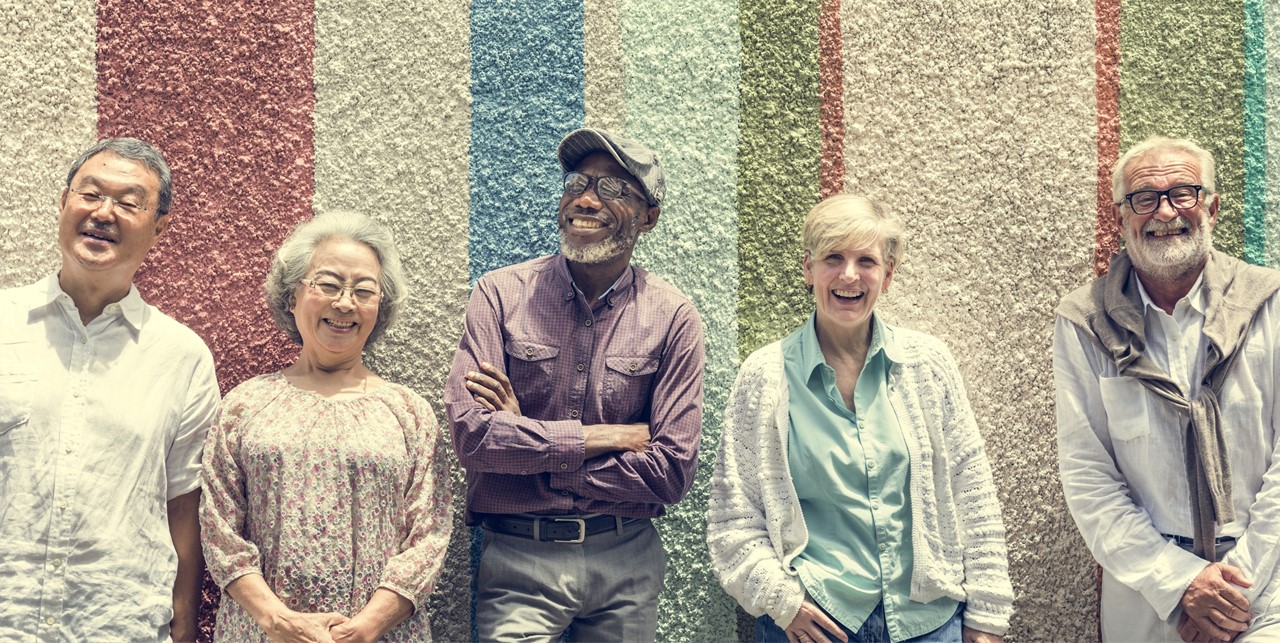The combat against the global pandemic has put into question our daily activities, the capacity of our health systems and our resilience to adapt and endure change. It has demonstrated the scale of our interdependence in a globalised world, making us understand that what affects others has an impact inside our borders.
The continuation of ongoing armed conflicts and the eruption of new conflicts violates international norms and reduces the space for dialogue. In the face of a common enemy, it is more important than ever to ensure the protection of citizens and to allow health professionals to do their work.
The outbreak of COVID-19 also exposes more fragilities across the globe, highlighting differences in societies, as well as putting into question the role of multilateralism.
“The current crisis is shaking the foundations of our societies and exposing the vulnerabilities of the most fragile countries. It has the potential to deepen existing conflicts and generate new geopolitical tensions. It is a reminder that peace, democracy and prosperity must constantly be nurtured, expanded, and made more inclusive”, the High Representative/Vice President Josep Borrell has stated on the occasion of the 75th anniversary of the end of the Second World War on European soil.
The EU on the frontline of peace promotion
Protecting international peace and security has been on the agenda of the European Union since its foundation. The EU was created on the grounds of a post-war European continent and as a peace project in itself, made possible through concerted dialogue as the only alternative to armed conflict.
The European Union and its Member States are engaged in all conflict theatres to assist resolution and raise awareness for prevention of conflict and promotion of peace in the United Nations Security Agenda. It is through multilateralism that we are capable of enforcing respect for common international norms and mitigate conflict-relations.
As a global actor, the European Union assumes its responsibility for the promotion of peace, set on three interlinked essential pillars: peace building, conflict prevention, and mediation and dialogue.
1. Peace building
Peace building involves the use of all of the tools and instruments of the EU to address the underlying factors contributing to violent conflicts. The EU counts on peace building activities in several parts of the globe. The EU is the UN largest partner and aid donor: the EU and its Member States provide almost a third of the contributions to the United Nations’ budget, to its funds and agencies.
The EU is also able to employ its wide array of external assistance instruments in support of conflict prevention and peace building.
2. Conflict prevention
Preventing the escalation to conflict situations is key to save populations from the impact of armed conflict, which cause immense human suffering and come at a huge economic and social cost.
The EU’s external action for the prevention of conflict is based on early identification of risks of violent conflict, improved understanding of conflict situations, enhanced identification of the range of options for EU action and conflict-sensitive programming of external assistance.
As a concrete example, the EU Conflict Early Warning System is a risk management tool designed to close the gap between early warning and early action by engaging EU staff across headquarters and in-country, in a joint assessment process that leads to specific recommendations and follow-up for action.
3. Mediation and Dialogue
Peace Mediation is an essential part of the EU’s on-the-ground preventive diplomacy, since the adoption of the 2009 EU Concept on Strengthening EU Mediation and Dialogue Capacities.
The effectiveness and cost efficiency of mediation is incontestable and the EU is enhancing its mediation capacity to be more systematic and strategic in its approach to mediation activities. To achieve this goal and reinforce its capacities, the EEAS is updating the EU Mediation Concept in 2020, and developing guidelines to support EU mediators and implementing partners.
The EU engages in a range of mediation roles to support peace processes by for example leading mediation acting as a third party, opening up and facilitating spaces for dialogue, supporting mediation efforts of others through capacity building, training, coaching, logistical support, expertise, mediation opportunities assessments and options for engagements.
A selected team provides expertise with regard to mediation and mediation support activities. The Mediation Support Team (MST) promotes the use of mediation and dialogue as a tool of first response to emerging and ongoing crisis.
Actors such as EU Special Representatives, Heads of Delegations, our Mediation Support Team and EEAS mediators are engaged in mediation efforts, alongside EU Common Security and Defence Policy (CSDP) missions. These efforts range from high political level mediation meetings to political facilitation, training and capacity building, provision of expertise and the designing of specific confidence building measures that can assist conflict setllement. The EU is also, through its partners working on the ground, and particular women and youth active in dialogue processes involving civil society organisations at grassroots levels, in particular through the Instrument contributing to Stability and Peace (IcSP).
Adapting our actions
Actions on the ground may take different shapes and forms. The promotion of peace relies heavily on national, regional and local contexts. Today that is even truer, when coming out to the streets may increase the risk of COVID-19 contamination.
To mark the day, the EU Delegation in Sudan is organising an online concert, gathering 14 young Sudanese musicians. It is a moment to celebrate their ideas, dreams and their use of music and arts to call for peace in Sudan and the world and rejecting all kinds of violence.
High Representative Josep Borrell sees this as the time to reinforce our commitments to peace and security: “This is an opportunity to revitalise the peace and security agenda in terms of conflict prevention, peacebuilding, and strengthening of peacekeeping. We must guarantee humanitarian access to vulnerable populations and we must ensure effective global action on new security threats, including those that use cyber technologies. In all this, we must safeguard the fundamental freedoms and rights of our citizens.”
It is clear that joint work is now more important than ever. Combatting a virus that knows no borders should not be accompanied by armed conflict. The EU takes its responsibility in the promotion of multilateralism, a system built on common international norms, and on activity on the ground to prevent the eruption of armed conflict events.




